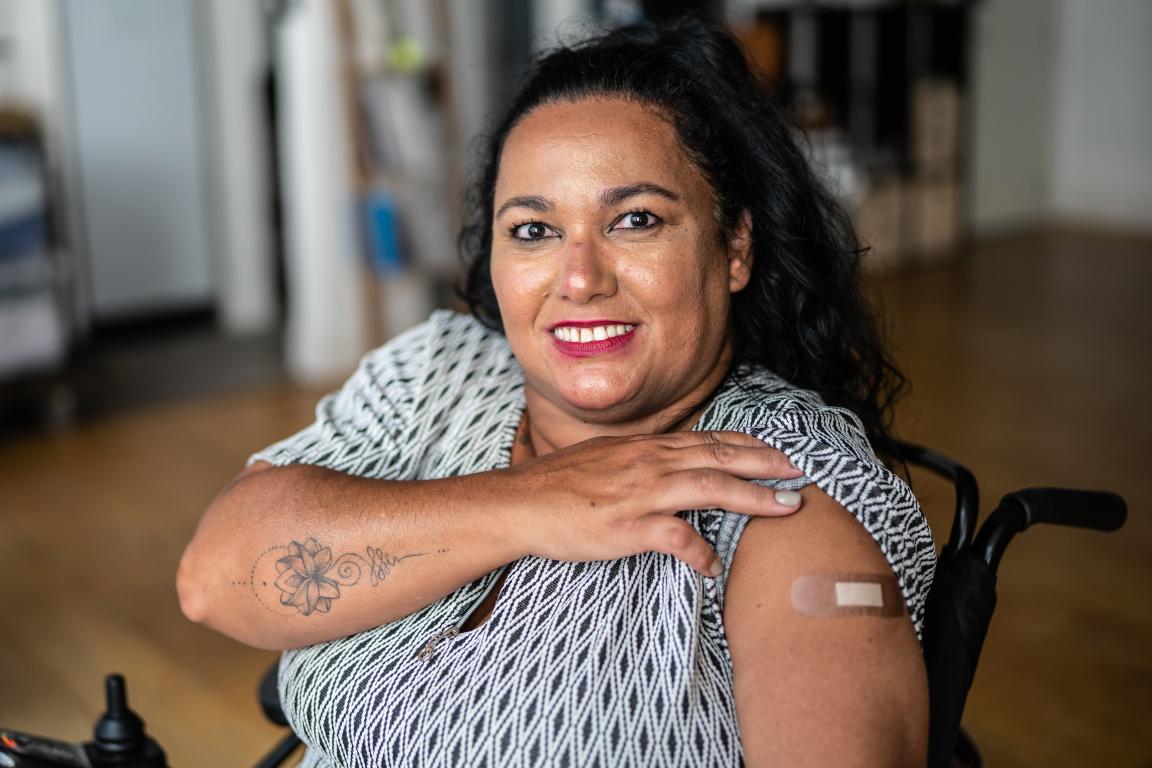Preventing Infectious Diseases in North Carolina
Current Health Threats

U.S. Measles Outbreaks
Measles is very contagious and dangerous for babies and children.
The MMR vaccine is the best way to protect yourself and others.

Rising Syphilis Rates
NC's syphilis rates surged 547% between 2012 and 2022.
Congenital syphilis (mother-to-baby transmission during pregnancy) is also surging.
What is a communicable disease?
A communicable disease is an illness that spreads from one person, animal or object to another. You can catch germs that cause disease:
- Directly, like by touching or being near someone who is sick
- Indirectly, like by touching a contaminated object or being bitten by an infected insect
About NC's Communicable Disease Branch
Did you hear from us? What to Know: Public Health Outreach for Communicable Diseases
Diseases and Topics
Keeping North Carolina Healthy
About the Communicable Disease Branch
The Communicable Disease Branch works every day to protect people across North Carolina from getting sick.
We work behind the scenes to protect your health and stop the spread of disease so you and your family can live safer, healthier lives. How we do it:
- Share important health guidance with the public, health care providers and local health departments about how to prevent and control diseases.
- Watch for outbreaks and send alerts so people can take action when a disease starts to spread — like the flu or foodborne illness.
- Track diseases by watching for patterns and collecting reports from doctors, labs and hospitals to spot problems early.
- Investigate outbreaks to find the source and stop the spread.
- Train local health teams on how to report and track diseases and to respond to outbreaks.
- Help prevent animal-related diseases, like rabies, that can be passed to people.
- Provide care and support for people with HIV, other sexually transmitted diseases (STDs) and tuberculosis (TB).
- Work with partners across North Carolina and the country to share information and keep people safe.
- Give expert advice on community health problems.

Stay Informed. Stay Healthy.
Learning how diseases spread helps us protect ourselves and others. Whether you're a student, parent, teacher, doctor or vet — everyone plays a part in stopping the spread of illness.
How to Keep Illness From Spreading
Want to know more? Contact your local health department.
Your voice matters: Ask us questions or tell us how we're doing.
Media: Need a public health expert? Email news@dhhs.nc.gov.





